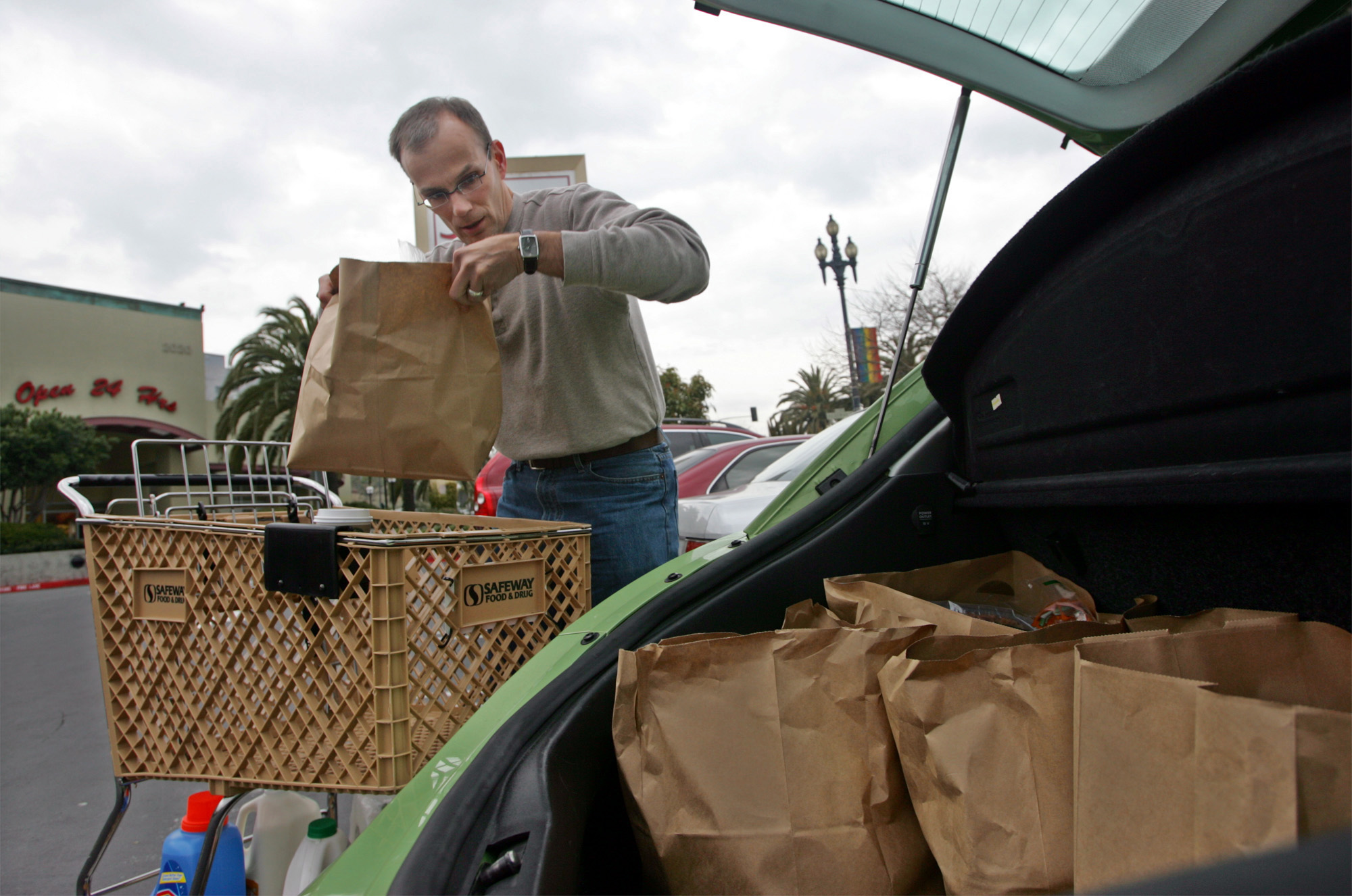The ban on plastic bags is coming. Does it go far enough?

When New York became the third state in the country to ban plastic bags, many applauded the decision, but some believe that even stricter laws need to be implemented to further limit their use and to prevent residents from becoming equally reliant on paper bags — which come with their own set of environmental burdens.
The plastic bag ban goes into effect in March 2020, but the law only applies to a handful of establishments like grocery and big-box stores. Restaurants, pharmacies and dry cleaners, for example, will still be able to use them, causing some activists to view the ban as only a Band-Aid solution.
Jeremy Cherson, legislative advocacy manager of water nonprofit Riverkeeper, said that while the ban is a good first step, it’s not enough. He said the restaurant industry in New York City is massive and that delivery and food ordering services like Grub Hub and Uber Eats use copious amounts of bags.

Brooklyn Boro
View MoreNew York City’s most populous borough, Brooklyn, is home to nearly 2.6 million residents. If Brooklyn were an independent city it would be the fourth largest city in the United States. While Brooklyn has become the epitome of ‘cool and hip’ in recent years, for those that were born here, raised families here and improved communities over the years, Brooklyn has never been ‘uncool’.